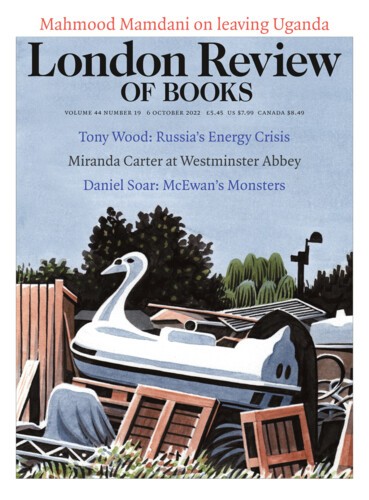Uganda’s constitution of 1995 entrenched the barrier against citizenship for non-indigenous applicants, who now had to belong to an indigenous group. Schedule 3 of the constitution included a list of ‘indigenous’ tribes. By this criterion, no Ugandan Asian could be a citizen by birth after 1995, no matter how many generations his family had been in the country. President Yoweri Museveni was careful not to refer to Asians as citizens; he explained that they were ‘investors’, with no right to remain in the country, but entitled to certain privileges denied to their local counterparts in the business and investment sectors. This led to a sense of insecurity among Asians and to Ugandan resentment. Museveni was following Obote’s lead in the 1960s, when he looked to an Asian merchant class to provide a counterweight to the old Baganda elite. For those who have arrived since the 1990s, Uganda is a transit station, as it is for their descendants. For the Asians who were thrown out in 1972, Uganda was home.
I was in my mid-twenties in November 1972 when I left Uganda on the orders of Idi Amin, who had seized the presidency in a coup the previous year. The expulsion of Uganda’s Asian population, estimated at seventy thousand, was announced in August; we were given three months to leave. Around twenty thousand had Ugandan citizenship.


